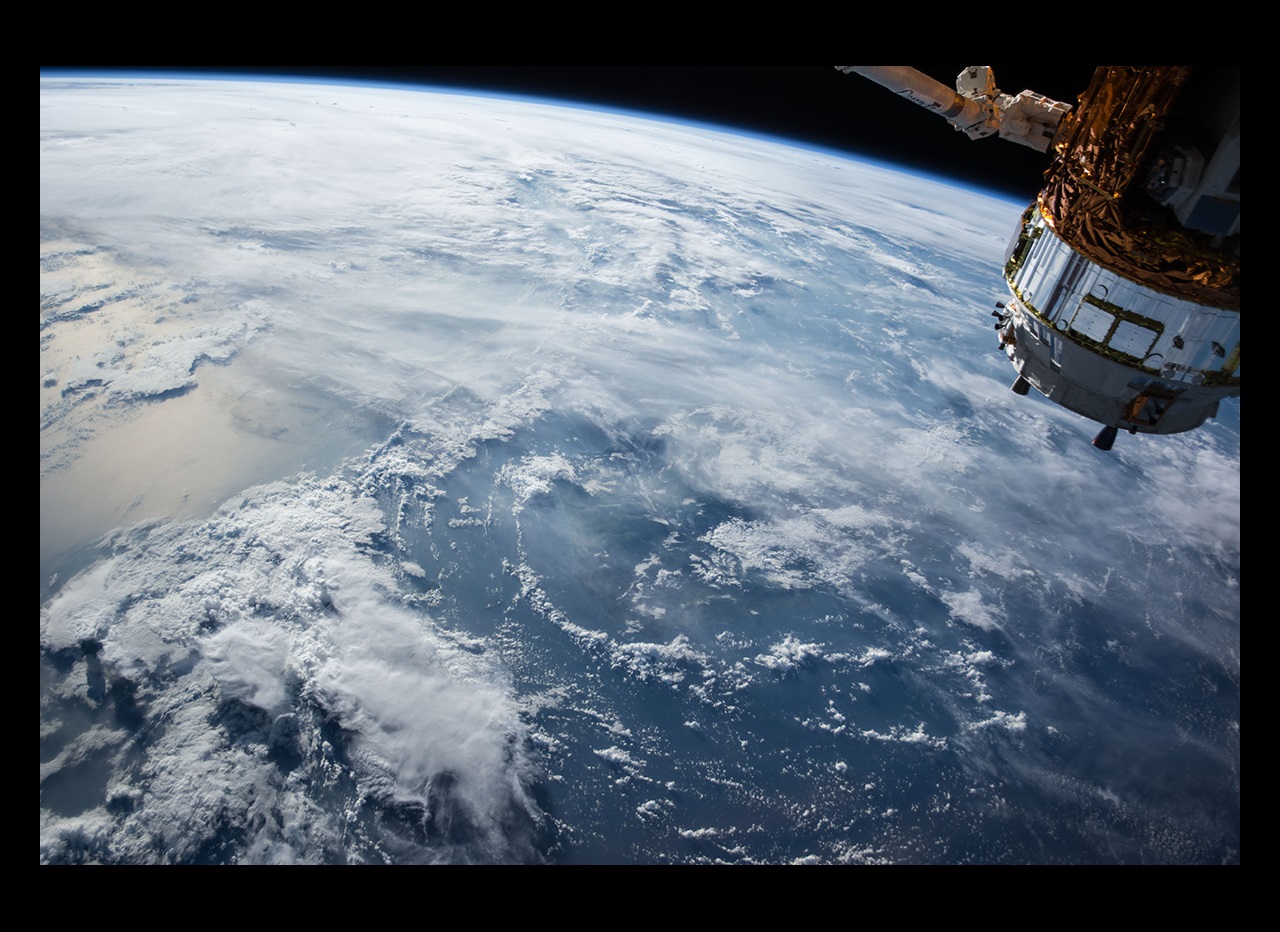Protecting National Security
Natural phenomena and hazards can have damaging impacts on defense and national security. The Earth and space sciences play a vital role in protecting nations from the effects of the natural world and developing and improving technologies to assist in military operations.
The American Geophysical Union and its network of Earth and space scientists are committed to:
-
studying the effects of natural hazards and other natural phenomena on national security
-
investigating ways to reduce those impacts and enhance safety and security
-
helping to create resilient communities and nations
-
educating the public on its findings
Earth and Space Science Implications for National Security
These are just a few of the many impacts Earth and space science has on national security issues:
-
Space weather research is important to ensuring our nation’s satellites and space- and ground-based national security assets and the power grid are protected and operational. According to the National Research Council, a severe space weather event could leave the U.S. without critical infrastructure for 4 to 10 years.[1]
-
Earth observation satellites provide constant real-time data on space weather, the atmosphere, and the oceans. This data is critical to functioning GPS communication and other systems used by Department of Defense operations worldwide.
-
Millions of Americans, businesses, and industries rely on data from NOAA that protect both lives and critical infrastructure. Weather and climate-sensitive industries account for an overwhelming majority of the U.S. GDP, and the value of daily weather forecasts is estimated at $31.5 billion annually.[2]
-
According to the United Nations, an estimated 22 million people were displaced in 2013 alone due to climate change.[3] Understanding the effects of climate change can be valuable in identifying vulnerable populations, migration patterns, and preparing for future challenges.
-
With a changing climate that has implications for severe weather events, the Department of Defense has acknowledged that military operations both at home and internationally could be affected by an increased demand for disaster and humanitarian relief.[4]
-
From satellite data, NOAA reported that declining ice in the Arctic circle has made the Northwest Passage a more viable and accessible trade route, opening up the area to increased global shipping traffic.
-
Ninety percent of the NSF’s total budget supports more than 362,000 researchers, teachers, postdoctoral fellows, trainees and students and nearly 2,000 institutions each year.[5] Federal investment in basic research and education helps to not only foster innovation but also the careers of students and scientists who may go on to critical national security positions in areas such as nuclear power.
[1] National Research Council, Severe Space Weather Events—Understanding Societal and Economic Impacts, National Academies Press, Washington, D. C., 2008, http://www.nap.edu/download/12507#.
[2] U.S. Department of Commerce, Economics & Statistics Administration, The Value of Government Weather and Climate Data (2014), http://www.esa.doc.gov/economic-briefings/value-government-weather-and-climate-data.
[3] Internal Displacement Monitoring Centre, Global Estimates 2014: People displaced by disasters (2014), http://www.internal-displacement.org/publications/2014/global-estimates-2014-people-displaced-by-disasters/.
[4] Department of Defense, 2014 Climate Change Adaptation Roadmap, https://www.acq.osd.mil/eie/downloads/CCARprint_wForward_e.pdf.
[5] National Science Foundation, FY2016 Agency Financial Report, https://www.nsf.gov/pubs/2017/nsf17002/pdf/nsf17002.pdf.
